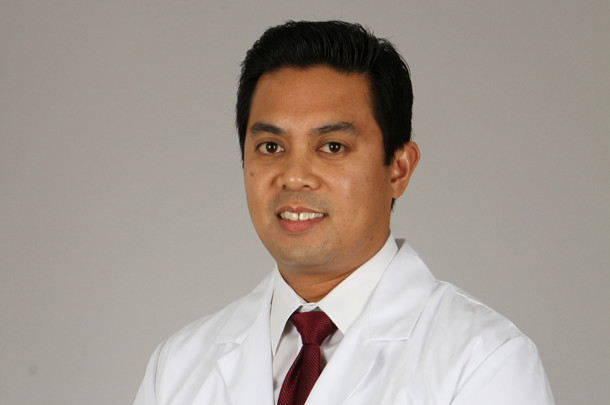A three-year grant of $360,000 to fund pancreatic cancer research has been given to the USC Norris Comprehensive Cancer Center by the Susan E. Riley Foundation.
“The Riley Foundation has generously supported USC Norris’ pancreatic cancer research for several years,” said Stephen B. Gruber, MD, PhD, MPH, the director of USC Norris. “We are especially grateful to the Riley Foundation board members for their continued confidence in our pancreatic cancer research and one day finding a cure.”
The grant will help support efforts to further the understanding of inherited susceptibility to pancreatic cancer, a project headed by Gruber and Gregory E. Idos, MD, assistant professor of clinical medicine at the Keck School of Medicine of USC.
In previous research published in April 2014, Gruber and Idos identified a gene known as BRCA 1 associated protein-1, or BAP1, that has a causal link to pancreatic and other cancers. This knowledge allows family members who may carry the gene to undergo screening to identify the risk of fatal pancreatic cancer. But further analysis of patients is required to fully understand the scope of BAP1-associated pancreatic cancer.
“In partnership with the Riley Foundation, it is our vision that everyone affected by pancreatic cancer will have hope, dignity and support,” said Gruber, an oncologist and geneticist who holds the H. Leslie and Elaine S. Hoffman Cancer Research Chair at the Keck School of Medicine of USC.
USC Norris is home to the Cancer Surveillance Program of Los Angeles County, and it has a diverse bio-repository of more than 1,000 pancreatic cancers from patients from many ethnic groups. The Susan E. Riley Foundation grant will allow the genetic basis of each of these pancreatic cancer patients to be studied at the germline and somatic levels.
The project will also seek to quantify the frequency and risk of BAP1 and other genes linked to pancreatic cancer in a diverse population. The Gruber Lab hopes to revolutionize the course of treatment for pancreatic cancer by translating genetic analyses from the laboratory to the clinic, a model that has led to screening programs and targeted drugs for other cancers.
Susan E. Riley and her mother, Edna, both died of pancreatic cancer. The foundation has been in existence since 2012 and has been a supporter of USC Norris for many years.
In the United States, pancreatic cancer is estimated to have claimed about 40,000 lives in the past two years. Most pancreatic cancer patients die within the first year of diagnosis, and just 6 percent survive five years because of a lack of early detection tools and effective treatments. Inherited genetic factors play an important role in pancreatic cancer risk.
— Carmy Peters


